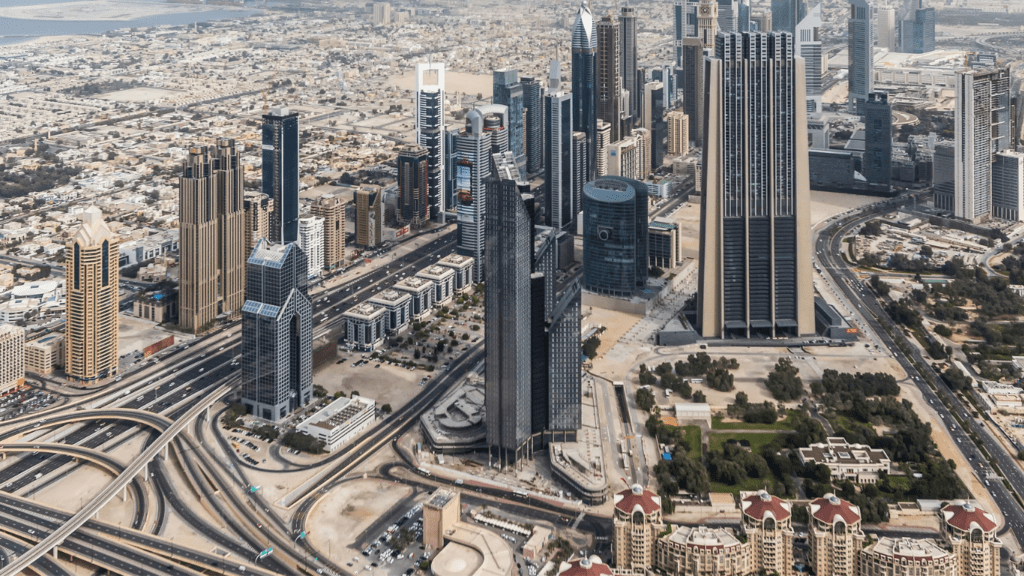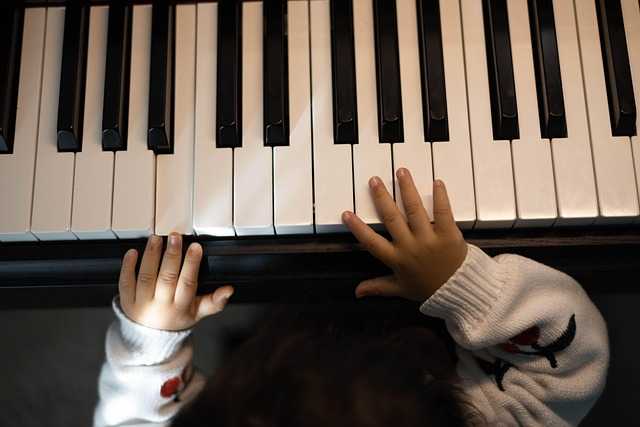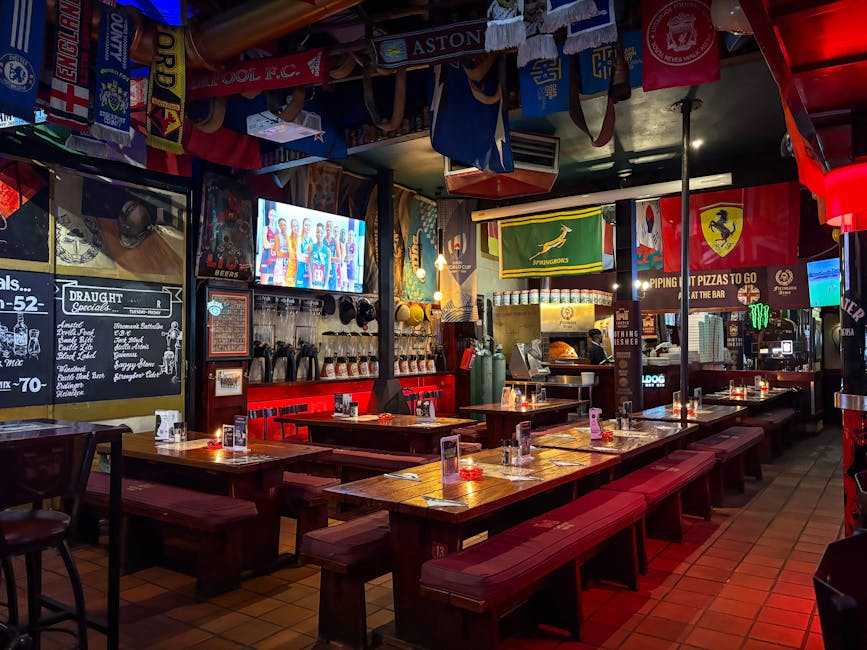The Economic Impact of Football on Local Businesses
The presence of a successful football team drives economic benefits for local enterprises. Many businesses experience surges in customer numbers and sales, especially on game days.
Increased Foot Traffic and Sales
Shops, restaurants, and hotels see significant growth in foot traffic, particularly when hosting popular games. For example, retail stores near stadiums often report up to a 30% increase in sales during the season.
Bars and eateries benefit greatly from pre- and post-game crowds, sometimes doubling their typical daily revenue. This influx of customers extends beyond game days, as ongoing team success keeps fans engaged with local outlets year-round.
Opportunities for Local Sponsorships
Local companies gain valuable exposure through sponsorships, aligning their brand with the football team. Sponsorship deals can range from banner ads in stadiums to local business features in game programs.
Companies investing in these partnerships often witness increased brand awareness and customer loyalty.
For instance, small businesses that sponsor youth football clubs frequently see enhanced community engagement, translating into higher sales and stronger customer connections.
Impact on Employment
Football significantly boosts local employment by creating job opportunities across various sectors.
Job Creation in Sports and Recreation
Football’s influence on job creation is profound within sports and recreation sectors. Professional and semi-professional teams employ a wide range of staff, including:
- coaches
- trainers
- administrative personnel
- facility maintenance workers
For example, a single professional team can employ over 200 individuals directly related to game-day operations. Additionally, stadiums hire security personnel, ushers, and concession staff, contributing to substantial local employment.
Seasonal Employment Opportunities
Football’s seasonal nature also generates many short-term job opportunities. Local businesses, particularly those near stadiums, hire extra staff during the football season to handle increased demand.
For example, restaurants may need additional servers and kitchen staff, while retail stores might hire temporary cashiers and stockers.
These seasonal positions offer essential income for many individuals, including students and part-time workers, supporting the local economy.
Infrastructure and Urban Development

Football’s influence extends beyond the field, shaping local infrastructure and spurring urban development.
Stadium Construction and Renovation
Building or renovating stadiums generates significant economic activity. Local construction companies receive substantial contracts, employing numerous workers during the project phase.
For instance, constructing a modern stadium may cost between $250 million and $1 billion. These expenditures stimulate the local economy.
Substantial investments in infrastructure surrounding the stadium, such as roads and utilities, also occur, boosting urban development.
Many cities experience revitalization in areas near new stadiums. As seen with Atlanta’s Mercedes-Benz Stadium, investment in adjacent areas spurred redevelopment projects and increased property values.
New businesses and residential developments often emerge, creating vibrant communities.
Impact on Public Transport and Accessibility
- New stadiums enhance public transport systems and accessibility.
- Cities often upgrade transit networks to handle increased foot traffic on game days.
- Improving bus routes and expanding rail services can ease congestion and provide efficient transportation options for fans.
- Local governments may invest in accessibility improvements, such as wider sidewalks or upgraded stations, benefiting residents and visitors.
- Efficient transportation systems improve overall urban mobility.
- Enhanced connectivity not only serves fans but also supports daily commuters, contributing to economic growth and urban development.
The Role of Football Events in Tourism
Football events significantly boost local economies by attracting tourists, creating a ripple effect across various sectors.
Boosting Local Hotels and Restaurants
Football events fill local hotels. Game days bring fans who spend nights in these accommodations, creating a surge in occupancy rates. Additionally, restaurants experience increased patronage.
Fans dine out before and after games, leading to higher sales. Restaurants near stadiums often extend hours and offer special menus to accommodate game day crowds.
Attracting International Visitors
International visitors attend major football events. World Cup matches and international tournaments draw fans from abroad, increasing tourism.
These visitors usually stay longer, exploring the city and contributing more to the local economy. They spend money on accommodation, dining, and entertainment, benefiting various local businesses.
International media coverage also raises the city’s profile, potentially attracting future tourists.


